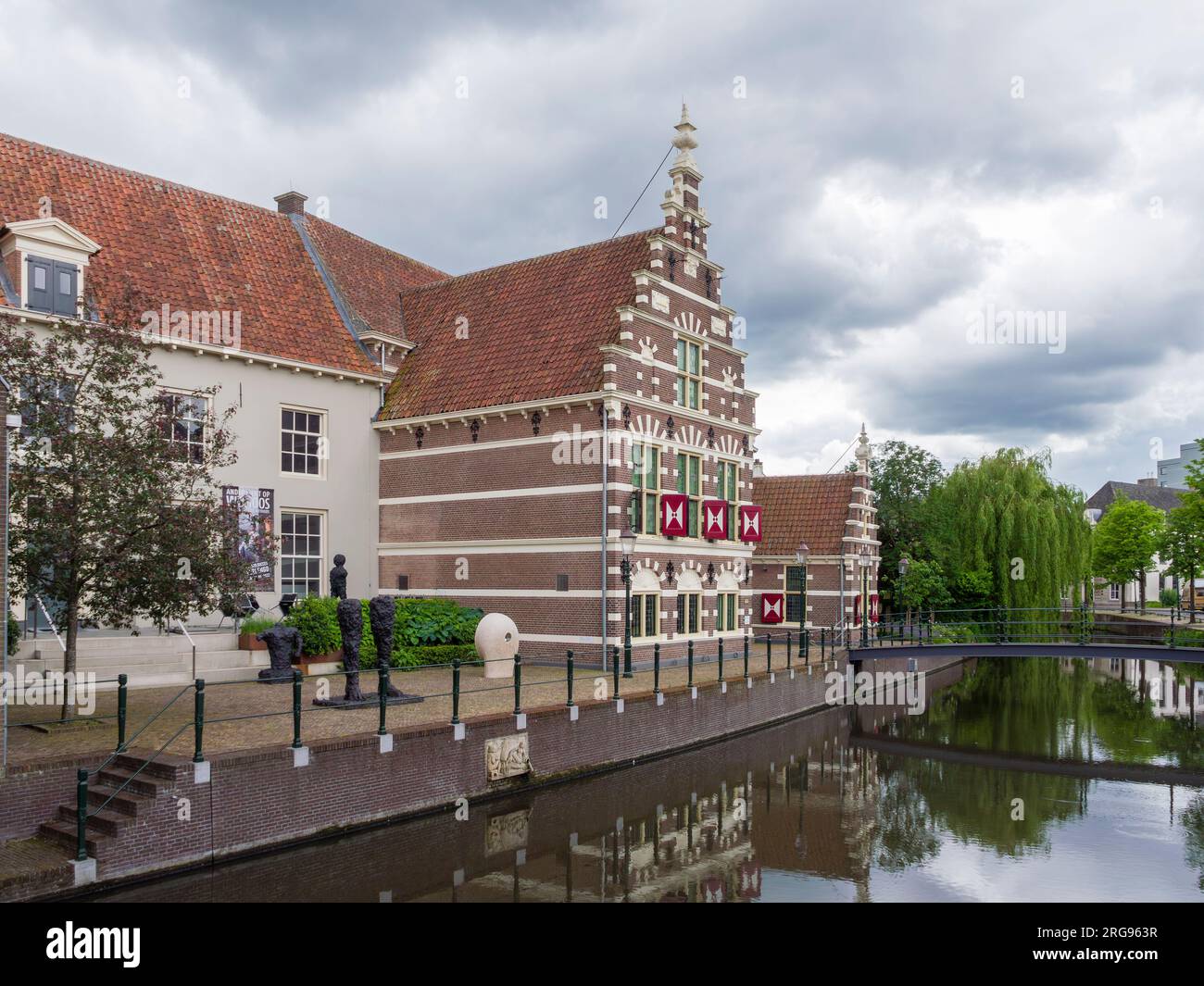The Iconic Koppelpoort: A Medieval Marvel
Amersfoort's Koppelpoort stands as a testament to medieval engineering. Built in the 15th century, this combined land and water gate was crucial for the city's defense. The structure's dual purpose allowed it to control both road and river traffic. Visitors can still see the original mechanisms used to operate the gates, offering a glimpse into the past.
The Transformation of the Muurhuizen

The Muurhuizen, or "Wall Houses," are a unique feature of Amersfoort. These houses were constructed using the city's original defensive walls after they were dismantled in the 16th century. Walking along the circular street, one can observe the varied architectural styles that reflect the evolution of building techniques over the centuries.
The Railway Station: A Hub of 19th-Century Innovation
Amersfoort's railway station, opened in 1863, played a pivotal role in the city's industrial growth. The station's design, with its large arched windows and intricate ironwork, exemplifies the architectural trends of the era. It remains a central hub, connecting Amersfoort to major cities across the Netherlands.

The Eemhuis: A Modern Cultural Center with Historical Roots
The Eemhuis, a contemporary cultural center, integrates modern design with historical elements. Located near the Eem River, the building houses a library, art galleries, and a music school. Its design pays homage to the industrial past of the area, incorporating materials and motifs reminiscent of the warehouses that once lined the river.
The Former Prodent Factory: From Toothpaste to Creativity
The Prodent Factory, once a bustling toothpaste manufacturing site, has been repurposed into a creative hub. The factory's original brickwork and large windows have been preserved, maintaining its industrial charm. Today, it hosts artists, designers, and entrepreneurs, fostering a vibrant community within its historic walls.










